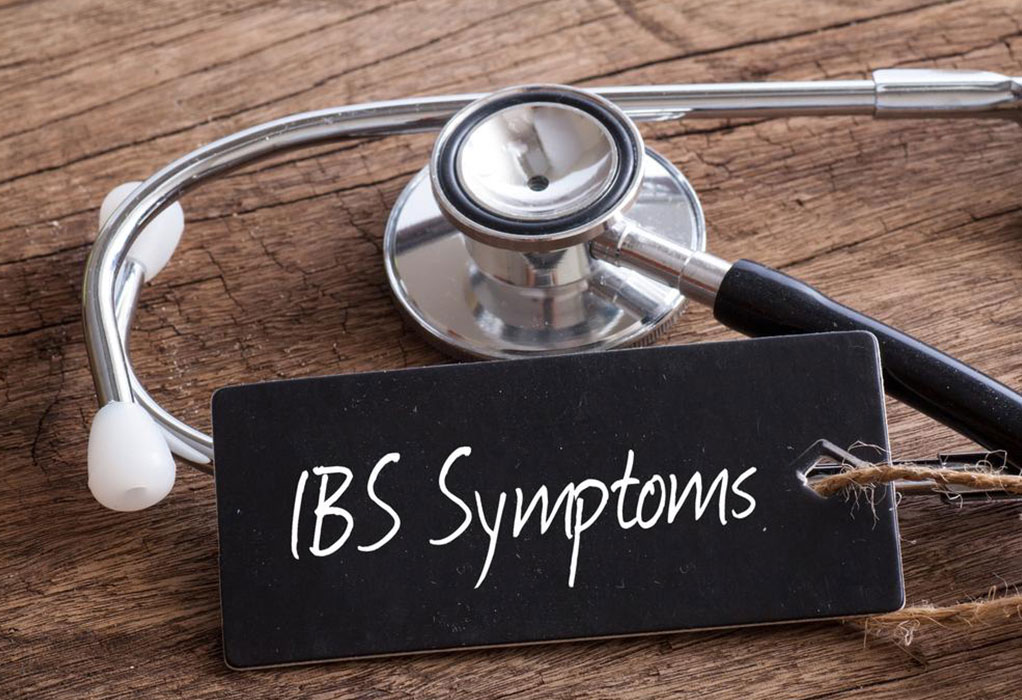Root Causes and Contributing Factors of Irritable Bowel Syndrome
IBS is a widespread digestive disorder with symptoms like abdominal pain and irregular bowel habits. Its causes include disrupted gut muscle activity, nerve signaling issues, stress, and dietary triggers. Managing stress and understanding personal triggers can help reduce symptoms. Although not life-threatening, IBS significantly impacts daily life, especially due to unpredictable bowel patterns. Awareness of contributing factors aids in effective symptom management and improving quality of life.

Irritable bowel syndrome (IBS) is a common gastrointestinal condition marked by symptoms such as stomach discomfort, irregular bowel movements, and stool changes. To be diagnosed, these symptoms must occur at least three days per month over a span of three months. Often called spastic colon, IBS is not life-threatening and does not increase the risk of serious diseases like colon cancer or Crohn's disease. Symptoms can include fluctuations between diarrhea and constipation, impacting daily activities. While the exact cause is unknown, several factors including muscle activity and psychological influences are involved.
During normal digestion, intestinal muscles work together smoothly to move food; in IBS, this coordination is disrupted, causing excessive tightening or weakness. This results in bloating, gas, diarrhea, or hardened stools. Often, abnormal nerve signals between the gut and brain contribute to these issues. Stress and heightened gut sensitivity often worsen symptoms.
Triggers for IBS episodes include certain foods (spicy, fatty, or gas-producing), alcohol, hormonal changes, stress, infections, or alterations in gut bacteria. Genetics and hormonal influences, especially in women, also increase susceptibility. Mental health concerns like depression and anxiety are common among those affected, with stress intensifying symptoms. Techniques such as meditation and yoga can help manage stress and reduce discomfort.
Since causes differ among individuals, identifying specific triggers can be difficult. Staying aware of personal patterns and managing stress are vital in controlling IBS symptoms.


